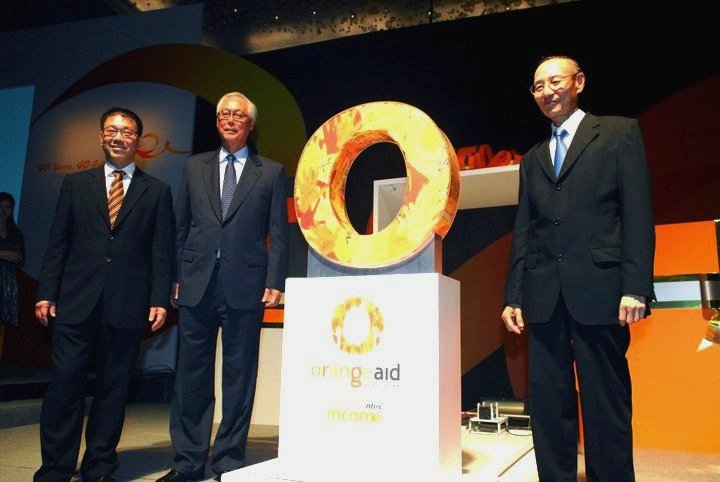CHR Advocates for Enhanced Legal Protections for Media Workers

The Commission on Human Rights (CHR) of the Philippines has issued a strong call for the enhancement of legal protections for media workers, emphasizing the necessity for such measures to safeguard press freedom and promote civic participation. This appeal comes in the wake of increasing concerns regarding the safety of journalists and the overall climate of free expression in the country.
On June 20, 2025, the CHR urged the Philippine government to act decisively on improving the legal framework governing media operations. Notably, the CHR highlighted the importance of proposed legislation such as the Media Workers’ Welfare Bill and the Journalist Protection Bill. These legislative measures aim to provide comprehensive support for journalists in the face of threats and violence. Additionally, the CHR noted the significance of existing frameworks, including Administrative Order No. 35, which establishes an inter-agency task force to address extrajudicial killings, and Executive Order No. 31, which seeks to decriminalize libel.
This call to action is further reinforced by the remarks of UN Special Rapporteur on Freedom of Opinion and Expression, Irene Khan, who has urged the Philippine government to ratify international human rights treaties, including the International Convention for the Protection of All Persons from Enforced Disappearance, and to reinstate its ratification of the Rome Statute of the International Criminal Court. According to Dr. Irene Khan, "The protection of journalists is critical to ensuring a democratic society where citizens can access truthful information and participate in public discourse."
The CHR's statement aligns with ongoing efforts to strengthen the Philippine Plan of Action on the Safety of Journalists and expand the mandate of the Presidential Task Force on Media Security. The Commission reiterated its commitment to fostering an environment conducive to free expression, noting that, "Every Filipino’s right to freedom of expression is inherently linked to access to diverse sources of information."
Despite some positive developments in the landscape of media freedom in the Philippines, the CHR expressed deep concern over the persistent issues of red-tagging, enforced disappearances, and media killings. These occurrences underscore the urgent need for comprehensive reforms to ensure that the safety of journalists is prioritized. The CHR has called for a thorough re-examination of the Anti-Terrorism Act of 2020, which some critics argue has been used to intimidate and silence dissenting voices.
In light of these challenges, the CHR welcomed Khan's recommendation to enhance the independence of the Commission through the passage of the CHR Charter Bill. This legislative initiative aims to fortify the CHR's mandate, allowing it to operate more effectively in its role of protecting human rights in the Philippines.
Looking forward, the CHR remains hopeful that the recommendations provided by the Special Rapporteur will contribute to a safer environment for journalists and reinforce the foundations necessary for a vibrant democratic society. The Commission concluded its statement by reiterating its dedication to ensuring that the free flow of information remains central to the Philippines' democracy, stating, "Fundamental reforms are essential to protect those who seek to inform the public."
The CHR's advocacy highlights the critical role that legal protections play in safeguarding press freedom and ensuring that journalists can operate without fear of reprisal. As the landscape of media in the Philippines continues to evolve, the call for enhanced protections remains a pivotal issue requiring urgent attention from lawmakers and stakeholders alike.
Advertisement
Tags
Advertisement





